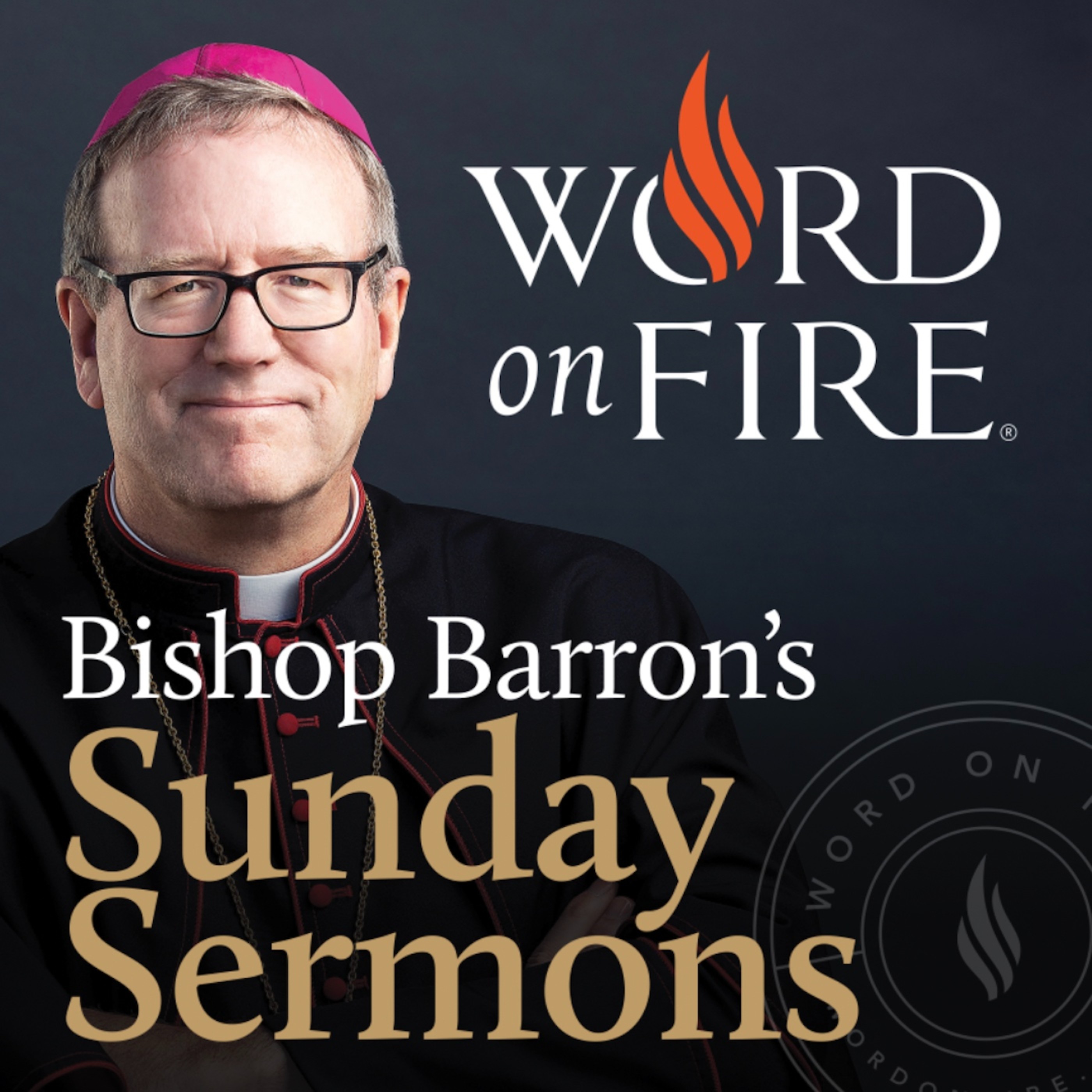

Bishop Barron’s Sunday Sermons - Catholic Preaching and Homilies
Bishop Robert Barron
A weekly homily podcast from Bishop Robert Barron, produced by Word on Fire Catholic Ministries.
Episodes
Mentioned books

Feb 18, 2007 • 15min
Enemy Love
The most troubling and challenging of Jesus' teaching is the command to love our enemies. In this homily, I explore four good reasons why it is so important to engage in this most difficult act of love.

Feb 11, 2007 • 15min
Where Do You Put Your Faith
The readings for this weekend pose a blunt question: whom, finally, do you trust? "Trust" is meant here in an absolute sense. Where do you base your life? In God or in the things of this world? How you answer that question determines pretty much everything else.

Jan 28, 2007 • 15min
What is Love?
In the thirteenth chapter of his first letter to the Corinthians, St. Paul sings a hymn to love. He tells us that love is "patient, gentle, kind, not snobbish" and that it "never fails." Love, after all, is what God is: willing the good of the other as other. When we love, therefore, we are sharing in the very life of God.

Jan 21, 2007 • 15min
The Paradox of Walls
Nehemiah, the 5th century governor of Judea, has an important spiritual lesson for us today. Nehemiah led the project of re-building the walls of Jerusalem after the return from exile. Walls, which set a community apart, are essential for identity and clarity of purpose. If the church is to be a world-transforming agent, it must, first, know clearly who she is and what makes her distinctive.

Jan 14, 2007 • 15min
The Task of the Church
As we enter into ordinary time, we reflect with St. Paul on the ordinary task of the church: the discernment and exercise of the gifts of the Holy Spirit. How do we use the gifts of wisdom, knowledge, healing, and faith?

Dec 31, 2006 • 15min
Biblical Family Values
There are family values in the Bible, but they might not be the ones you'd expect. The Biblical authors--both Old Testament and New--put a stress, not on sentiment and personal connection, but rather on mission. They see the family as a place where one's vocation from God is prioritized and cultivated. We see this theme on clear display in both the Hannah story and the account of the finding in the Temple.

Dec 24, 2006 • 15min
The Inexhaustibly Fascinating Figure of Mary
On the final Sunday of Advent, the Church invites us to consider the inexhaustibly fascinating figure of Mary. The Mother of God is a figure of faithful Israel, the people who for so many centuries waited for the coming of the Messiah. She is, accordingly, the new Eve, the new Moses, the true Isaiah and Ezekiel. In meditating upon her, we come to a deeper appreciation of the Christ she bore.

Dec 17, 2006 • 15min
What Should We Do?
Our Gospel for today centers around a question that is bracing in its directness and simplicity. A group of people come to the Baptist and ask "what should we do?" The spiritual life is about a set of behaviors and practices, focused, as John the Baptist specifies, around the work of justice.

Dec 10, 2006 • 15min
Return Home
In our first reading for this week, we hear the prophet Baruch predicting the return of the children of Israel to Zion. God will level the mountains and fill in the valleys so as to make a highway for them. In the Gospel, John the Baptist announces a similar preparation for a similar return, but this time it is the return of Israel from the exile of sin and death, facilitated by the coming of the Messiah.

Dec 3, 2006 • 15min
The Second Coming
The readings for this first Sunday of Advent focus, not on the historical coming of Jesus at Bethlehem, but rather at his eschatological coming at the end of time. Knowing that all of history tends toward and culminates in Jesus changes radically the way we live now.


